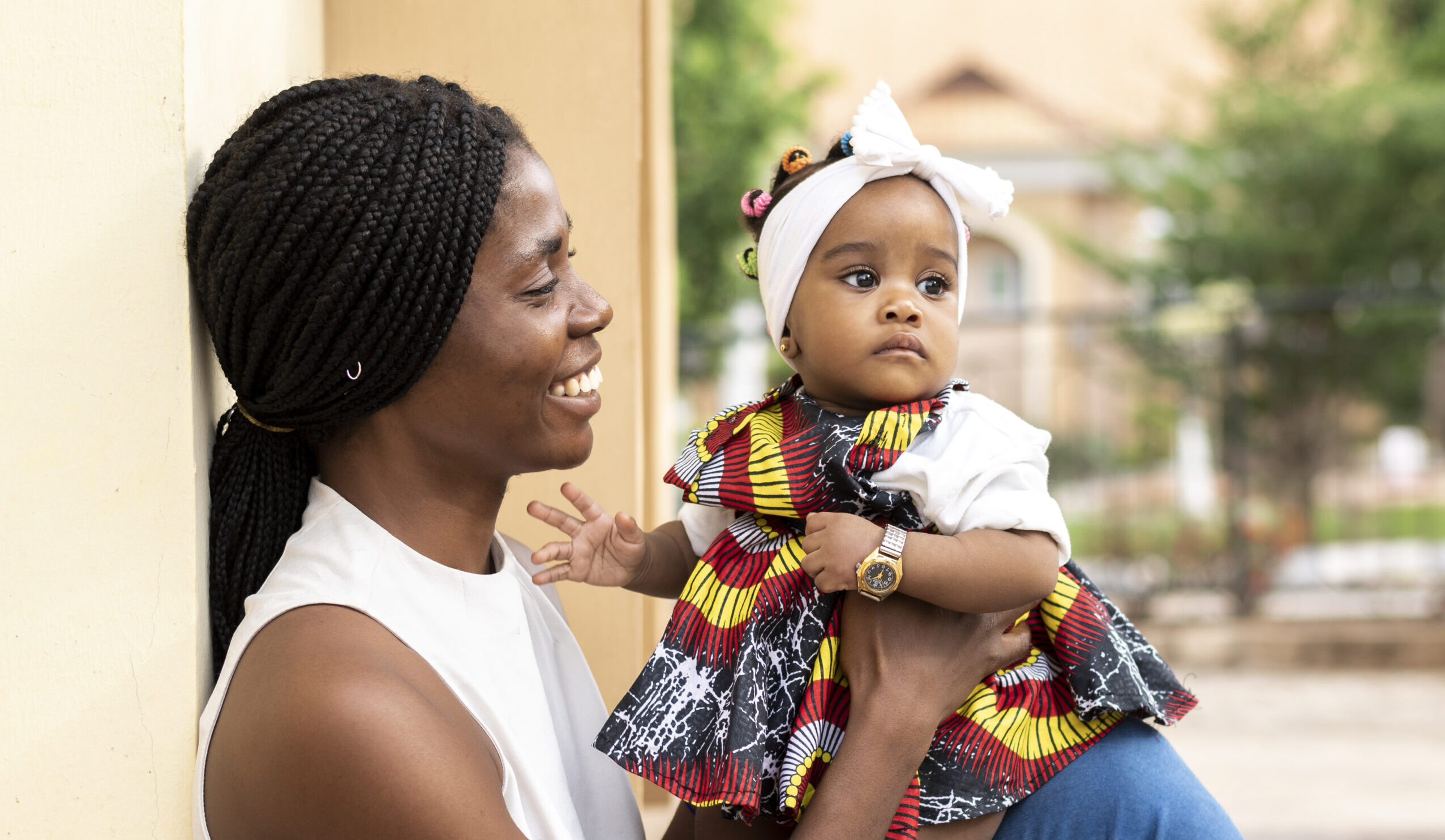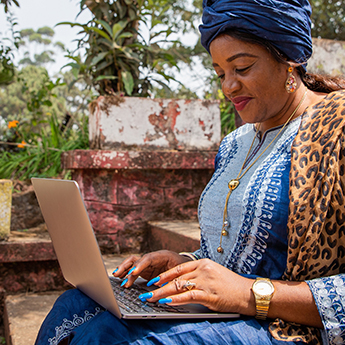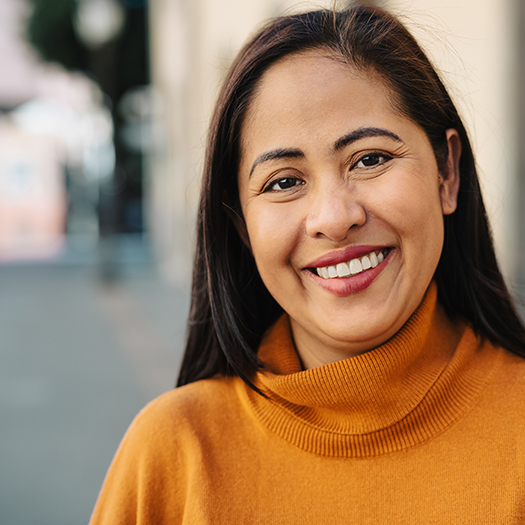Prioritizing LGBTI family planning access benefits us all
FP2030 is based on the principle that all people, no matter how they identify, should have access to a full suite of reproductive health care. Too often in the context of family planning, the LGBTI community is overlooked — sometimes maliciously and sometimes because their needs are misunderstood or ignored. But they are a key population that is at heightened risk of pregnancy, HIV acquisition, gender-based violence, and more.








